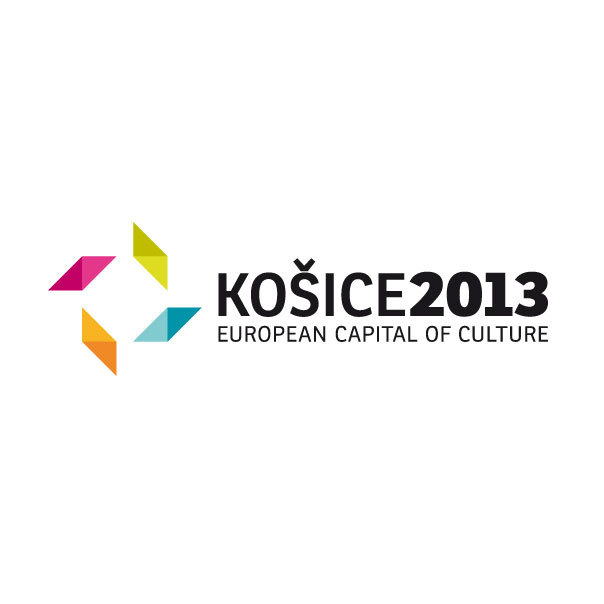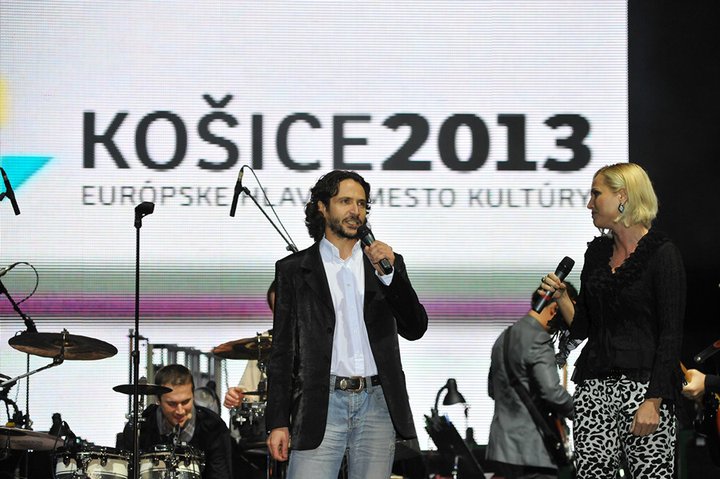 The Slovakian city of Kosice has kicked off the beginning of its year as “European Capital of Culture 2013” with a host of activities taking place to mark the occasion this weekend.
The Slovakian city of Kosice has kicked off the beginning of its year as “European Capital of Culture 2013” with a host of activities taking place to mark the occasion this weekend.
Festivities kicked off early on Saturday morning with an event that organizers dubbed a “literary breakfast”, which saw dozens of coffee shops across the city hosting readings from some of Slovakia’s best known literary legends. Also on Saturday saw the opening of several major exhibitions at museums and art galleries around the city, while the celebrations culminated with an exclusive gala held at the Kosice State Theater, followed by the “Grand Opening Ceremony” in the city’s main square.
Organizers said that the aim of these festivities is to show the world that Kosice has a lot more to offer than just its reputation as a major steel works, and hope that they can project a different image of the city in the minds of Europeans.
Jan Sudzina, Kosice’s Culture Capital Project Director, told AFP that he hoped the next 12 months would lead to big changes in the city:
“We want to transform Kosice from a heavy industrialized city to one focusing on creative industries. We hope the European Culture Capital project will boost small and medium-sized businesses and help overcome the region’s dependence on one company.”

Proceedings kicked off with an exclusive gala at the city's State Theatre
Officials stated that they expect to see a dramatic increase in the number of foreign visitor arrivals in Kosice over the next 12 months – and privately they’re hoping that its year in the spotlight will boost the city’s popularity beyond 2013 as well.
To realize this dream, officials have undertaken a number of projects aimed at revitalizing the city, funded by a €60 million grant that comes with European Capital of Culture status.
Tomas Cizmarik, spokesperson for the Capital of Culture project, said that the main focus was to revitalize old industrial facilities and military bases. The city to give these facilities “a new function”, by transforming them into concert venues, galleries, museums and the like.
These efforts are being backed by the Slovakian government, which has pumped in a further €10 million.

Peter "reefe" Kováč at the Kosice 2013 Opening Ceremony
It’s all a much welcome and timely boost to Slovakia’s second largest city, which has long ranked as one of the poorest urban centers within the Eurozone. In addition, Kosice has suffered far worse than most other European cities during the current recession, and now struggles with unemployment levels of 10%.
For more information about the events and goings-on planned for 2013, check out the official Kosice European Capital of Culture 2013 website.
Image credits: Kosice 2013 on Facebook